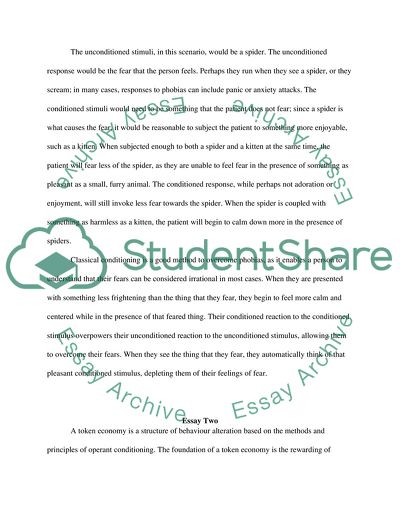Cite this document
(Four Psychology Essays Essay Example | Topics and Well Written Essays - 2250 words, n.d.)
Four Psychology Essays Essay Example | Topics and Well Written Essays - 2250 words. https://studentshare.org/psychology/1727590-assignment-1-mini-essays
Four Psychology Essays Essay Example | Topics and Well Written Essays - 2250 words. https://studentshare.org/psychology/1727590-assignment-1-mini-essays
(Four Psychology Essays Essay Example | Topics and Well Written Essays - 2250 Words)
Four Psychology Essays Essay Example | Topics and Well Written Essays - 2250 Words. https://studentshare.org/psychology/1727590-assignment-1-mini-essays.
Four Psychology Essays Essay Example | Topics and Well Written Essays - 2250 Words. https://studentshare.org/psychology/1727590-assignment-1-mini-essays.
“Four Psychology Essays Essay Example | Topics and Well Written Essays - 2250 Words”. https://studentshare.org/psychology/1727590-assignment-1-mini-essays.


